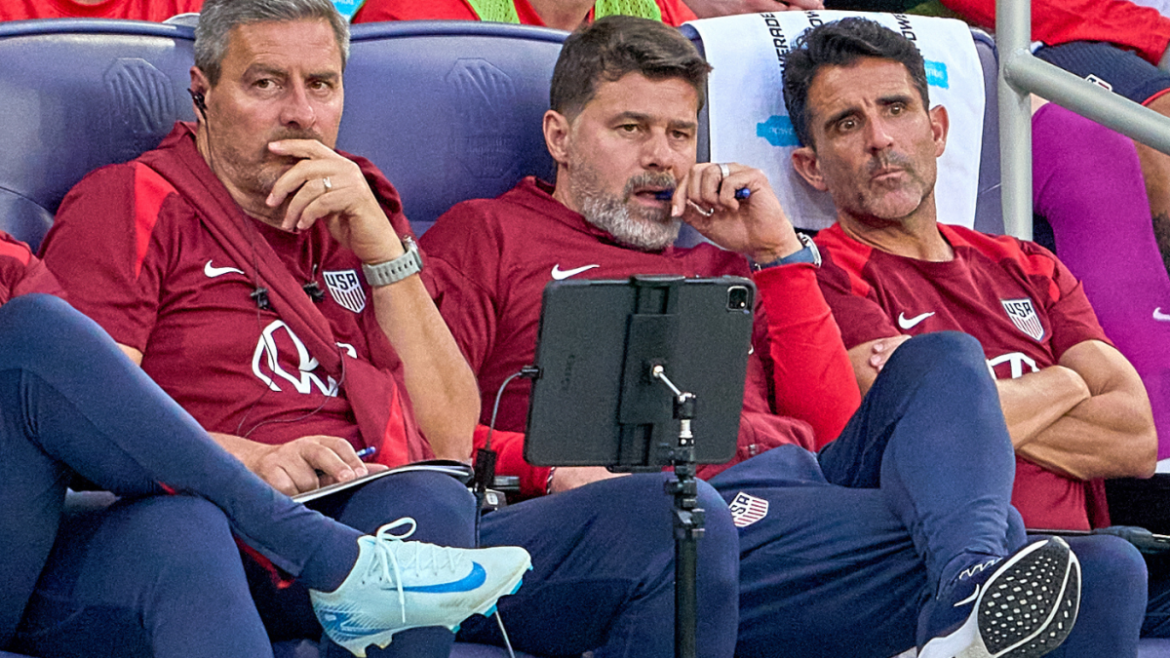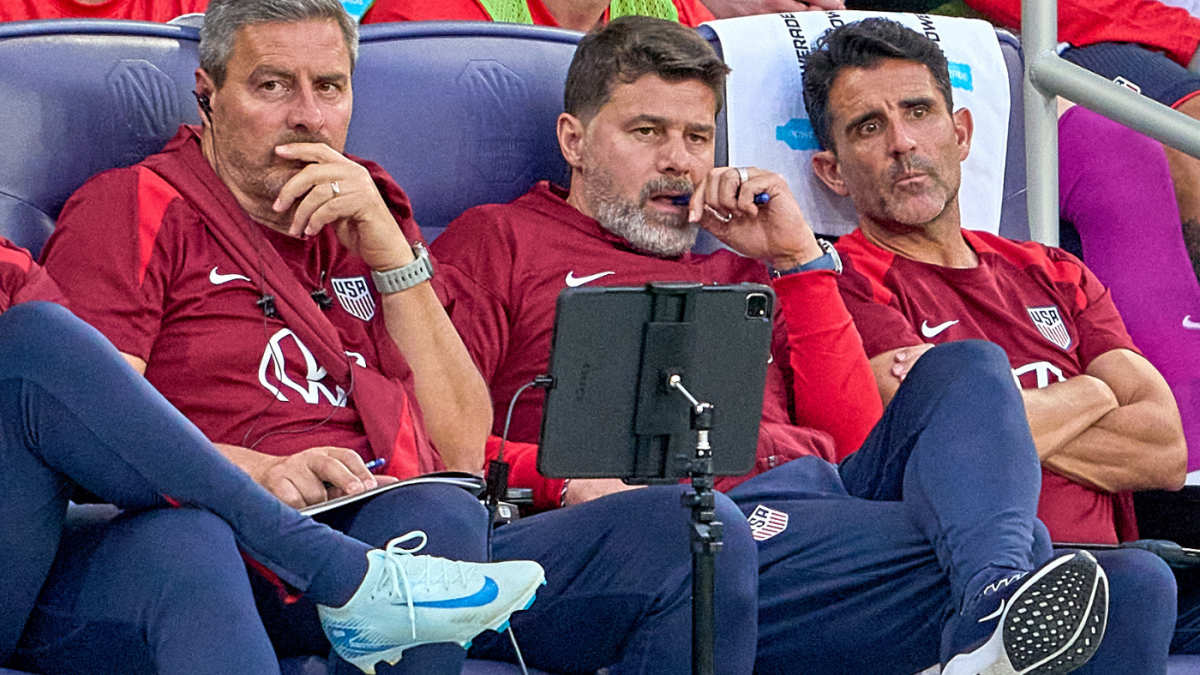The United States Men’s National Team (USMNT) currently finds itself in an alarming crisis as the 2026 FIFA World Cup, which the US will co-host, looms just one year away. Recent results paint a sobering picture: a historic losing streak, a string of heavy defeats, poor performances, and mounting fan discontent all signal deep challenges within the team’s setup on the eve of arguably the most important tournament in its history.
—
The Depth of the Crisis: A Historic Losing Streak and Alarming Defeats
The USMNT has lost four consecutive matches for the first time since 2007, extending to an unprecedented seven games without a win. The nadir came most acutely in a 4-0 defeat to Switzerland on American soil in Nashville—a collapse described by numerous outlets as a debacle and humiliating blowout. The U.S. conceded four first-half goals, and the team failed to register a single shot on target, an astonishing showing given the stakes and competition level in a pre-World Cup setting.
This loss is not an isolated blemish but part of a worrying downward trend. The team’s inability to at least compete respectably against European opposition—one of the traditional footballing powerhouses—raises urgent questions about readiness. This streak and the manner of the defeats have left fans frustrated to the point of booing, reflecting a deep erosion of confidence and belief in the squad’s direction.
—
Tactical and Personnel Challenges Under Mauricio Pochettino
Mauricio Pochettino, the USMNT coach, bears much of the scrutiny. While Pochettino has acknowledged responsibility for the poor results, the analyses highlight systemic issues beyond simply tactical missteps. The coach is experimenting with various defensive combinations during this preparation phase, reflecting either a search for stability or indecision. Yet, this experimentation has come at a cost—a porous defense and tactical incoherence have contributed to heavy losses.
Compounding coaching challenges are player availability and form. Many key players are missing or out of form, and the squad lacks cohesion. There is a palpable ceiling perceived in the talent pool, and some reports suggest a lack of identity and a disjointed vision on the pitch. Prominent figures in US soccer, including legends and team leaders, have voiced concerns about the team’s direction. Pochettino’s clear message remains that the World Cup is the goal, but current results raise skepticism about whether preparations are on track.
—
The Psychological and Fan Fallout
The USMNT’s recent performances have shaken the emotional foundations of both players and supporters. The echoing boos following losses, the critical media narratives, and the growing calls for “panic buttons” illustrate a team under siege. The psychological impact is evident, with players admitting moments of despair recalling historic failures such as missing the 2018 World Cup.
Fan disillusionment is amplified by the fact this World Cup will be hosted at home—an opportunity to capitalize on familiar turf and fan fervor. Yet with results trending in the opposite direction, fears abound that expectations may outstrip reality, potentially leading to an early and embarrassing exit.
—
Broader Strategic and Structural Concerns
Beyond immediate match results and coaching, the USMNT’s plight touches on broader issues in U.S. soccer development and infrastructure. There is commentary around the disconnect between club and country, particularly concerning the role of Major League Soccer (MLS) in nurturing talent capable of competing at the highest international levels. Critics argue that the pool of players capable of stepping up remains shallow and that talent management has failed to produce the quality depth required for success on the world stage.
This looming challenge places pressure on the U.S. Soccer Federation’s leadership to reevaluate talent pipelines, coaching philosophies, and preparation strategies. The task is daunting: to rebuild not just confidence and tactics but to reignite a soccer culture that can sustain success through and beyond the 2026 World Cup.
—
Preparing for the Gold Cup and 2026: A Tenuous Road Ahead
The USMNT’s upcoming schedule offers limited reprieve, with the Gold Cup soon approaching—a tournament where even qualification and respectable performance cannot be taken for granted. Analysts warn that even advancing from the group stage of the World Cup may prove difficult unless significant improvements occur.
To salvage hope, the USMNT must rapidly find cohesion, tactical clarity, and mental resilience. This requires a collective effort from players, coaching staff, and the federation, alongside managing the expectations of a passionate but currently skeptical fan base.
—
Conclusion: Urgency and the Path Forward
With just one year remaining before the 2026 FIFA World Cup, the USMNT’s struggles cast a long shadow over its prospective success. Historic losing streaks, crushing defeats such as the thrashing by Switzerland, tactical uncertainty, and a shaken fan base form a portrait of a team at a crossroads.
Yet this pressure also presents an opportunity: a rallying call to rebuild, reform, and refocus. The USMNT must address deep tactical flaws, cultivate a stronger leadership core within the squad, and realign its strategic vision for international competition. The World Cup at home is a once-in-a-generation event, and to meet its promise, the team must transition quickly from uncertainty to unity, from frustration to resilience.
Failure to do so risks not just early elimination but long-term damage to American soccer’s global standing. Success will require decisive action, confidence restoration, and a coherent plan from the federation, staff, and players—transforming current hardship into a foundation for historic achievement. The countdown has begun, and the USMNT’s fate hangs in the balance.





